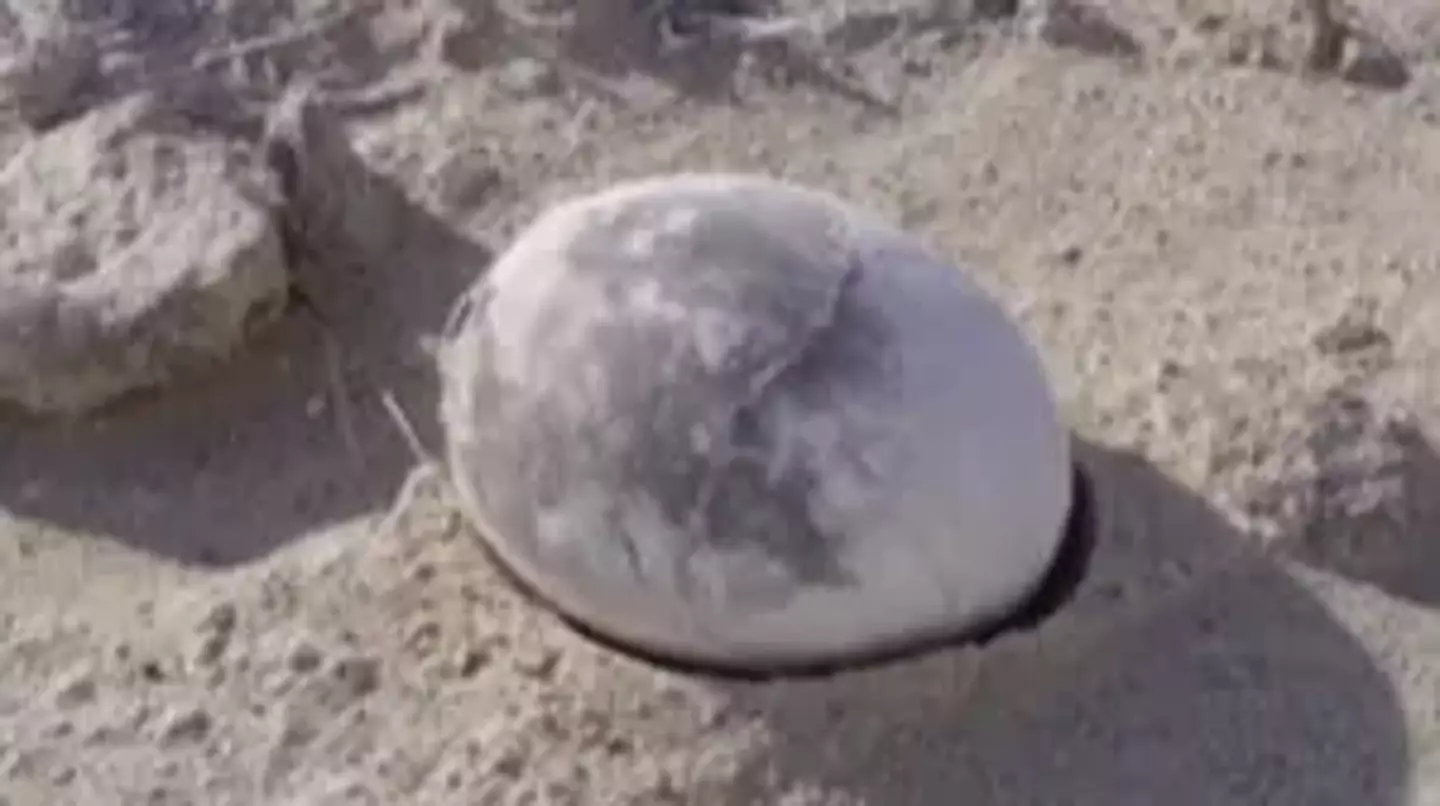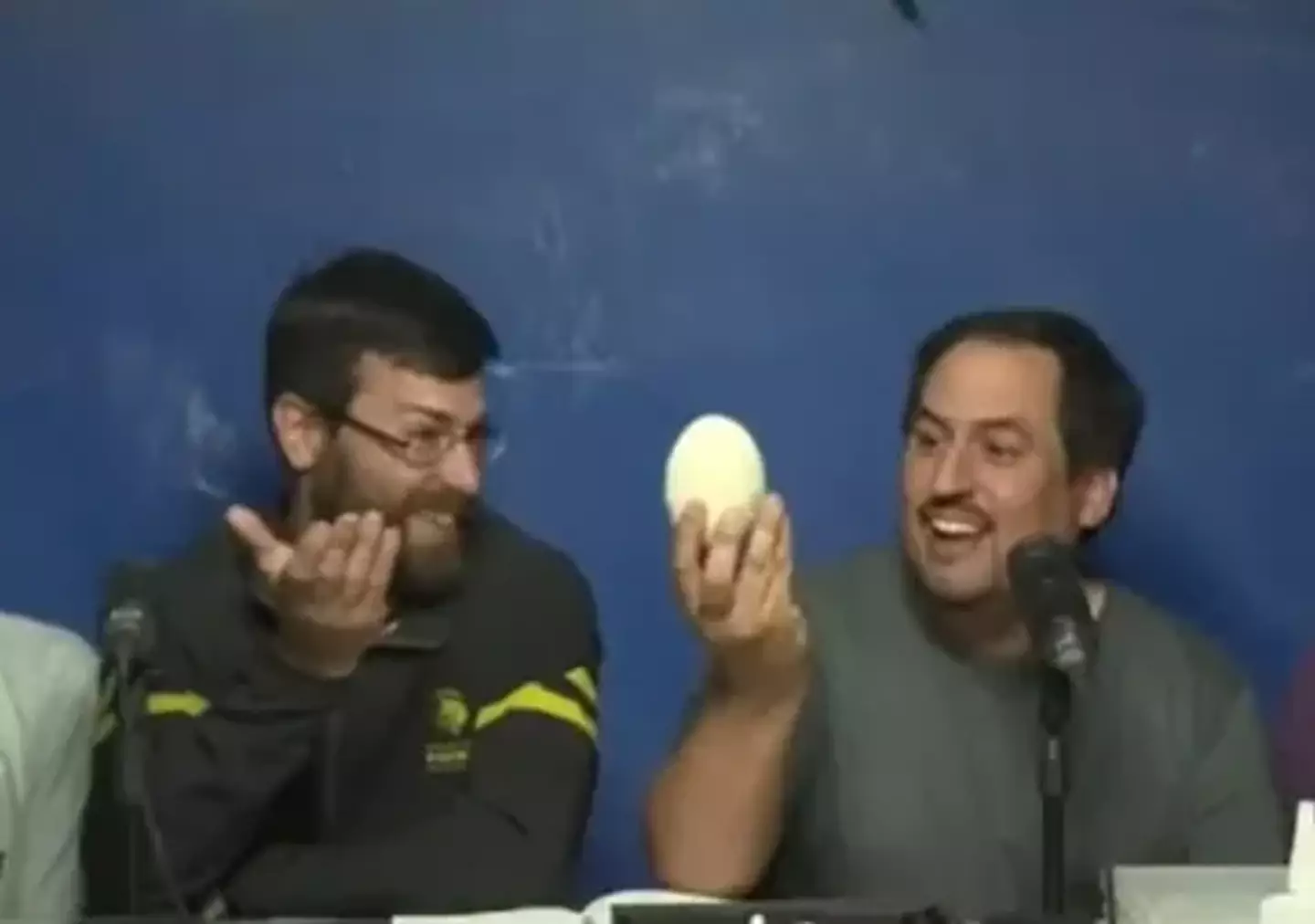
It's rare in the world of archaeology that you discover anything that is perfectly preserved, but researchers in Argentina just landed themselves an extremely rare treasure.
Palaeontologists in Patagonia stumbled across a dinosaur egg which is believed to be from the Cretaceous period, which could make it around 70 million years old.
You'd expect something so old to have a few cracks at least, but the dinosaur egg is in almost perfect condition, with its shell undamaged, which opens up the possibility of there being embryonic material inside.
Although the scientists down in Texas who have been bringing back extinct species like dire wolves have previously suggested that dinosaurs aren't on their list for things to bring back, they may well be tempted after hearing of this groundbreaking discovery.
Advert
A team from Argentina’s Museum of Natural Sciences made the astonishing find during a live broadcast on October 7, suggesting that it was so well-preserved that it appeared as if it had been laid recently.
The experts have suggested that the egg could belong to the Bonapartenykus genus, a carnivorous theropod which lived in the late cretaceous period, which makes the discovery even more shocking.
Researcher Gonzalo Muñoz told National Geographic: “It was a complete and utter surprise. It’s not common to find the egg of a possible carnivorous dinosaur, much less in that state.
“The happiness was spectacular for the team."
Eggs laid by carnivorous species are far less common finds, as they're 'more delicate eggs, with thinner shells that are more likely to be destroyed'.
Although some folks might be worried about the possibility of a real-life Jurassic Park, it would mark one of the most important breakthroughs in palaeontology history if they are able to discover an embryo inside.
And naturally, that's the next step for the researchers, who plan to run various scans on the egg in the hope that they can find preserved embryonic material inside, which would provide significant information about how carnivorous dinosaurs evolved, developed, and hatched.

Thanks to the power of technology, the scientists were even able to live stream the discovery, which allowed dedicated dinosaur fans from across the world to witness the discovery in all its glory.
“Science can reach many people whom we could not reach before,” said expedition leader Federico Agnolín.
After the scientists have cracked what's inside the egg, it will go to the Argentine Museum of Natural Sciences for study, before being returned to Patagonia where it will eventually go on display at a museum.
Topics: Archaeology, World News
